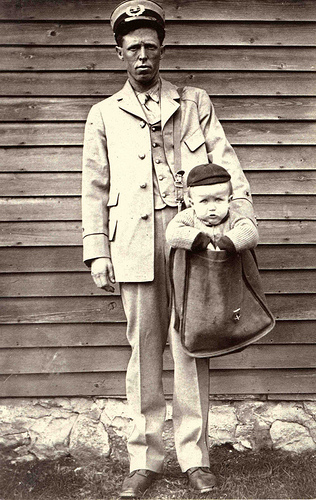Lots of us come to parenting with a rosy picture: OUR kids will never be unhappy, never feel misunderstood, never have to struggle in school or in sports or socially. We will meet their needs and most of their wants and they will excel because… oh… because all this love and fulfillment will inspire and propel them on to great things, right?
That rosy picture is a wonderful thing. That optimism represents something very special: the deep and sometimes overpowering unconditional love that parents feel. It makes us want to make the world worthy of our precious babies. Sometimes that picture doesn’t leave much room for reality. And it can make us a little nuts.
Take a moment to think about the things you know for sure. Did they come easily? Do you look back and recognize times your parents pushed you to do something a little bit (or a lot) beyond your reach? And you fell on your face before standing on your feet? Unfortunately lots of life’s great lessons come to us the hard way.
Face it: too many parents are afraid. And we’re passing that on to our kids. It’s almost as if we have come to believe that discomfort is disability, and that letting our little ones stew a bit will create some sort of irreparable harm.
Of course it can hurt to watch a child struggle, but let’s be realistic. All struggle is not created equal and it’s important that we provide our children with perspective. Let’s not place ‘homelessness’ and ‘hurt feelings’ on the same scale.
We’ll never get back to balance if we do.






